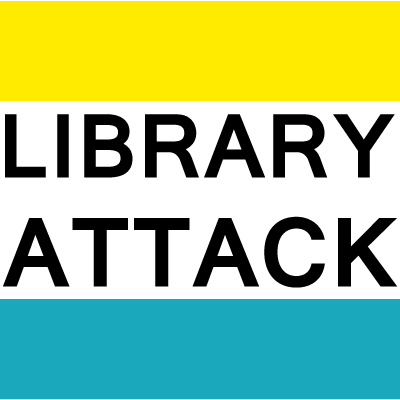
This week there’s been some interesting and disgusting things going on within scholarly publishing. Most of the internet is up at arms about SOPA, the ludicrous Stop Online Piracy Act. Earlier this week I stumbled across an interesting blog post Why The Movie Industry Can’t Innovate and the Result is SOPA. I think the same could be said for any of the content publisher – books, music, video games, not just film. Look at the list of SOPA supporters. Along with the usual suspects (major lables, the big 6, etc), you get Elsevier and Wolters Kluwer. Nice to know they’re against net neutrality. Cameron Neylon wrote an excellent post on how SOPA will affect scientific research. You need to read it. Loud library advocate Andy Woodworth is making a list to talk to vendors at ALA Midwinter next month. Good on him. I was thinking about talking to some folks at SLA later this month, but then something else caught my eye…
The Research Works Act (H.R. 3699). A post from the SPARC OA forum distils it:
“No Federal agency may adopt, implement, maintain, continue, or otherwise engage in any policy, program, or other activity that — (1) causes, permits, or authorizes network dissemination of any private-sector research work without the prior consent of the publisher of such work; or (2) requires that any actual or prospective author, or the employer of such an actual or prospective author, assent to network dissemination of a private-sector research work.”
Not surprisingly, publishers think this is a great idea.
The Research Works Act will prohibit federal agencies from unauthorized free public dissemination of journal articles that report on research which, to some degree, has been federally-funded but is produced and published by private sector publishers receiving no such funding. It would also prevent non-government authors from being required to agree to such free distribution of these works. Additionally, it would preempt federal agencies’ planned funding, development and back-office administration of their own electronic repositories for such works, which would duplicate existing copyright-protected systems and unfairly compete with established university, society and commercial publishers.
This is just bullshit. Especially in light of the publishers’ healthy profit margins often on the work of academics paid in prestige. The need to publish in these big, expensive journals for a lot of faculty is the only way they can attain tenure. The only way they can fund their work is to get federal (or other publicly funded) grants. Tax payers can pay for the research, but then they can’t see the results. It’s a great racket for the publishers. (Sounds sort of like the vicious cycle of federal student loans and the for-profit colleges, which is pretty much any university these days.)
Publishers are still upset about the NIH Public Access Policy. UC Berkeley professor Michael Eisen yesterday blogged about Elsevier paying NY Congresswoman Carolyn Maloney to promote the bill. Jason Baird Jackson from Indian University asks who else is Elsevier lobbying for this bill?
It’s outrageous that in a time when everybody’s budgets are being squeezed, the big scholarly publishers are getting more creative about making huge profit margins. If the government is going to fund research, they need to also fund the publishing because that’s the only way the public will have access to the information and data. The funding for publishing has always been an afterthought or meant to be a cost recovery tool, which explains how NTIS and the National Academies “function”.
I’ll be in DC a couple of weeks for the TRB Annual Meeting. (TRB is part of the National Academies.) It’s where the transportation research agenda is discussed, research that will be funded by the taxpayers. I’ll try to get some answers.
The Research Works Act is seriously bad news, as is SOPA. Maybe it’s because I just watched all of the Bond films, but I really hope this isn’t just general incompetence but a master plan from SPECTRE to take over the world by destroying scientific research and scholarly publishing. Blofeld, Largo, Dr. No, and their henchmen are off springing the mousetrap. We just need James Bond to stop them. Or us.

Leave a Reply